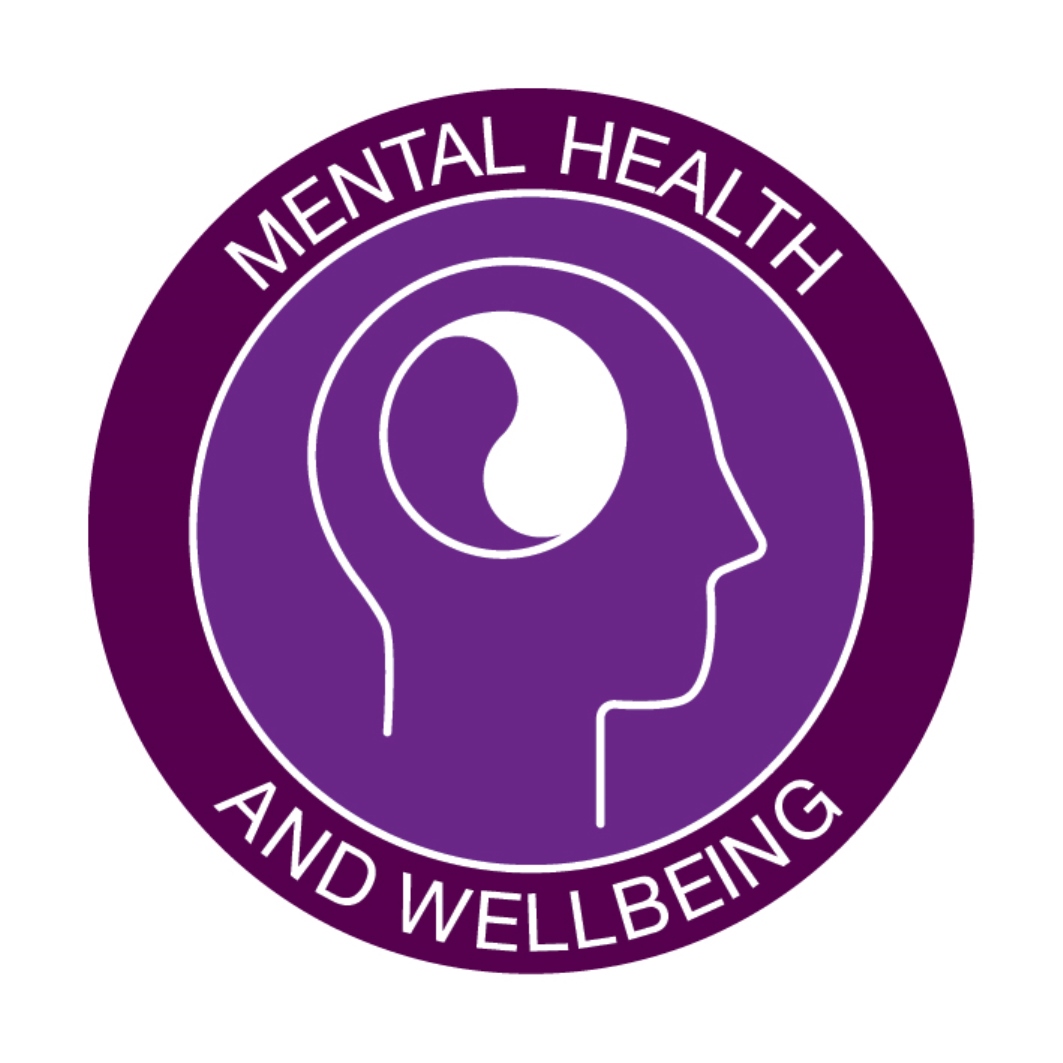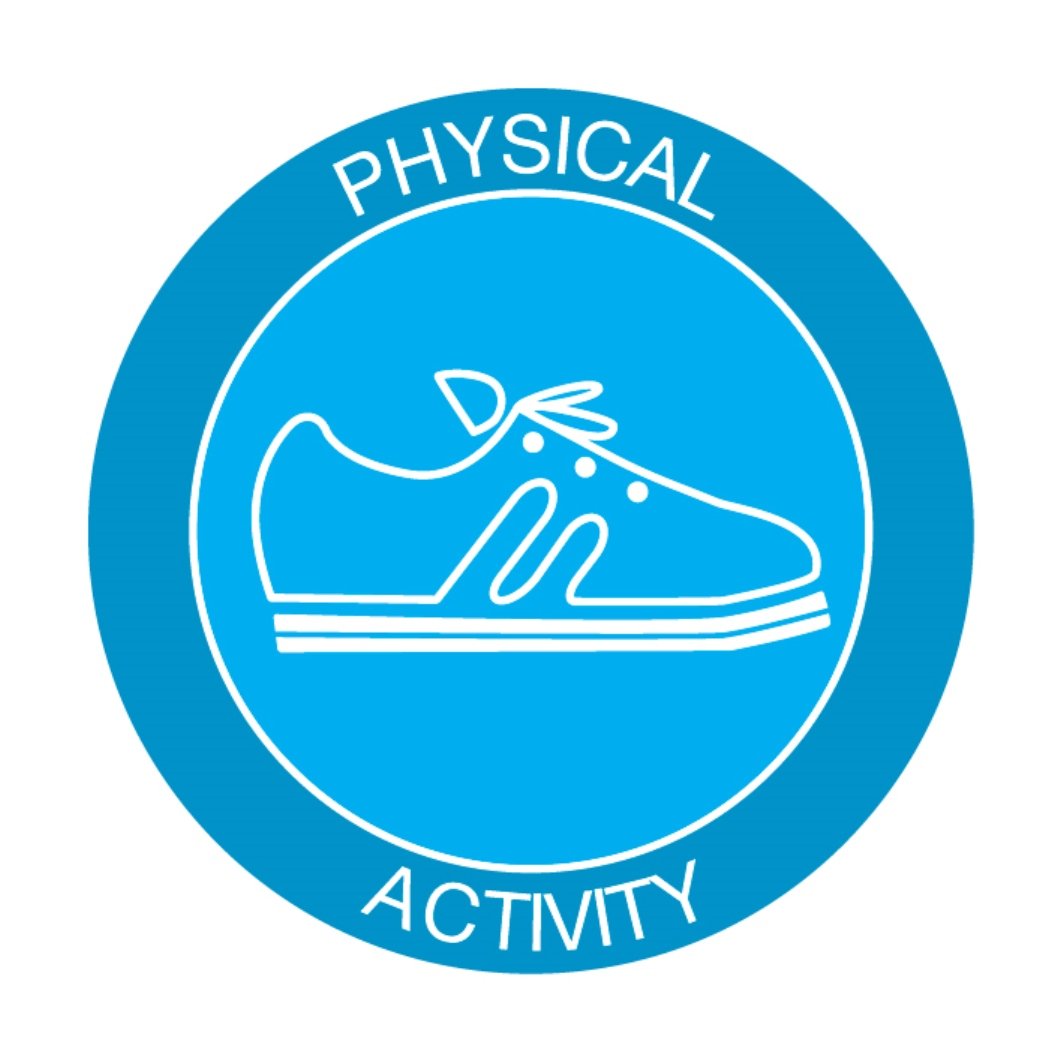Alcohol
Healthy Together Victoria
As a registered employer of the Healthy Together Victoria Achievement Program, Deakin is creating a healthy workplace by offering a range of benefits and services to support and improve the wellbeing of Deakin staff. Deakin staff have access to sporting facilities, flexible work arrangements, on campus medical centres and information and resources to encourage staff wellness.
Enjoying an alcoholic drink in moderation can be a sociable activity and is often part of the celebration of significant events.
Alcohol consumption is also a substance that can cause the body harm. So how do you know if you are drinking too much? You might find Dr Bosco Rowland, from Deakin's School of Psychology, can answer that question for you.
Deakin University Alcohol Policy
While at work Deakin staff including contractors must ensure that they are not impaired by the effects of alcohol and drugs during the course of their work. The Alcohol Policy and the Code of Conduct, provides a clear framework for students, staff and other members of the University community for the responsible supply and consumption of alcohol at any activity or event where they are representing the University.
The Alcohol policy also describes specific work activities where alcohol is not to be consumed because of the inherent high risk nature of the work.
Support Services
The University will provide support for students and staff who are experiencing alcohol-related issues, including addiction. Students needing assistance with alcohol related issues should contact the Division of Student Services. Staff needing assistance with alcohol related issues should contact/speak with their manager, the Human Resources Division Health, Wellbeing and Safety team, their HR Client Partner or the Employee Assistance Program.
What do I need to know if I am a Deakin manager or supervisor?
Managing the use of alcohol at events
The Alcohol policy provides a useful event risk assessment template for event organisers to use so that event related risks which include alcohol service and consumption can be managed by event organisers. It must be completed as part of planning any University event.
Event organisers must fully understand the Alcohol policy and applicable laws, regulations and University procedures and guidelines and manage their events accordingly. They also are expected to keep the safety and well-being of participants at the forefront of their planning and management of events. Further information can be found at www.vcglr.vic.gov.au
Low risk events need to be managed and this checklist can assist managers and event organisers to ensure alcohol related risk is systematically considered and addressed.
What do I need to know about the health impacts of alcohol?
Factors such as gender, age, mental health, drug use, and existing medical conditions can change how alcohol affects you. Responsible drinking is about balancing your enjoyment of alcohol with the potential risks and harm that may arise from drinking - especially if you go beyond low risk drinking levels.
What do the guidelines recommend?
- For healthy men and women, drinking no more than two standard drinks on any day reduces your risk of harm from alcohol-related disease or injury over a lifetime.
- Drinking no more than four standard drinks on a single occasion reduces the risk of alcohol-related injury arising from that occasion.
What are the health risks?
The health risks that accumulate over a lifetime from alcohol increase progressively - this means that the more you drink, the greater the risk.
Drinking alcohol can affect your liver or cause brain damage, heart disease, high blood pressure and increases your risk of many cancers. It may also increase your risk of injury through road trauma, violence, falls and accidental death.
What is a standard drink?
A standard drink contains 10 grams of pure alcohol. It is important to note that drink serving sizes are often more than one standard drink. There are no common glass sizes used in Australia.
The label on an alcoholic drink container tells you the number of standard drinks in the container.
Tips to reduce the risk to your health when drinking
It is possible to drink at a level that is less risky, while still having fun. There are a number of things you can do to make sure you stay within low risk levels and don't get to a stage where you are no longer capable of controlling your drinking.
These include:
- Set limits for yourself and stick to them
- Start with non-alcoholic drinks and alternate with alcoholic drinks
- Drink slowly
- Try drinks with a lower alcohol content
- Eat before or while you are drinking
- If you participate in rounds of drinks try to include some non-alcoholic drinks
Alcohol and mental health
There is growing evidence that alcohol increases the risk of some mental health problems, like depression and anxiety. Around 37% of people who report problems with alcohol also have a co-occurring anxiety and/or mood disorder. The risk of having a mental illness is around four times higher for people who drink alcohol heavily than for people who don’t. For more information on this important research visit the Better Health Channel.
Additional Resources
Community Connections
VicHealth is investing more than $3 million to change cultures of risky drinking in Victoria.
The Alcohol Culture Change initiative is an evidence-based approach to change cultures of risky drinking within subpopulations in Victoria.
We know that one-size does not fit all, we are a diverse state consisting of many drinking cultures. Nine new projects will trial targeted and tailored efforts – over 24 months – that reach those most in need, where risky drinking and risk of alcohol-related harm is greatest.
Underpinning this Initiative is the Alcohol Cultures Framework which provides the evidence to guide our approach, including, project design, delivery and evaluation.
Deakin University is one of the successful recipients.
Alcohol Culture Change in the University Setting – Deakin University
This project commenced in early 2017 with qualitative and quantitative research to identify and explore cultures of risky drinking at Deakin University. The project will then design and trial a series of tailored intervention approaches in early 2018.
If you’d like to get more information on this initiative, please go the VicHealth website, or contact the Project Officer Rachael Telgenkamp, Alcohol Culture Change Project, School of Health & Social Development.


